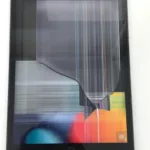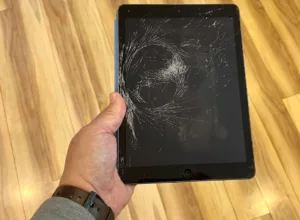
What Is The Difference Between LED And QLED?
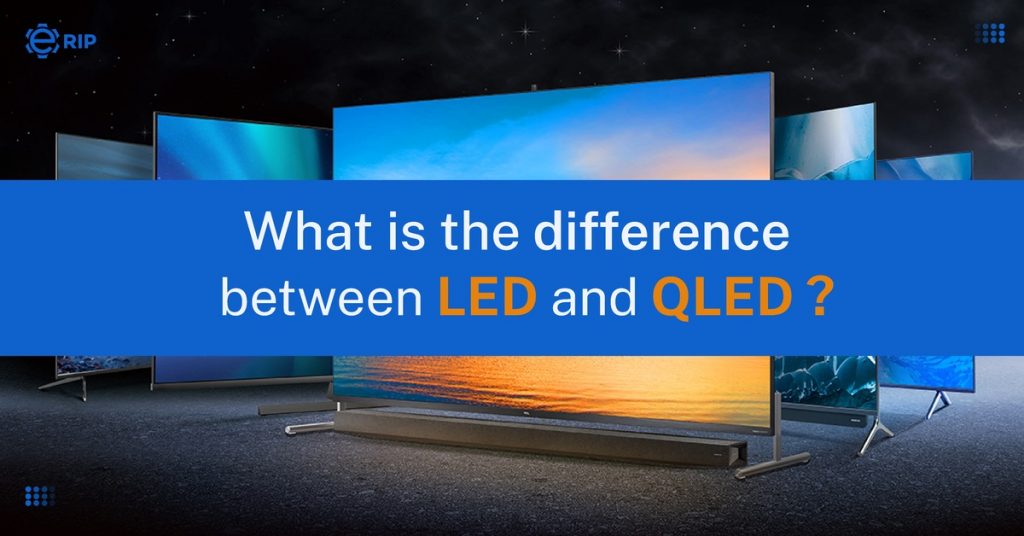
Television screens have evolved rapidly since the invention of LCD technology. The world was just about to understand the LCD technology, LEDs were introduced that changed the course of history.
Now we have a more advanced technology called QLED. When buying a new TV, the different technologies create confusion. A similar word is being confused by the people, and they are assuming both of these technologies are the same.
Both the LEDs and QLEDs are very much different from each other. Here in this blog we will compare two technologies and see the differences between them.
LED:-
LED stands for Light Emitting Diode. It refers to a small, efficient light source that emits light when electricity is passed through it.
Unlike LCDs, LED TVs don’t use the cold cathode fluorescent lights to backlight the display. The LEDs were invented back in the 1960s. LEDs can produce an image with greater dynamic contrast compared to LCD TVs. The LED TVs are extremely slim in comparison to LCD TVs.
Many LED TVs have a VA panel, which normally has a high contrast ratio and narrow viewing angles, which results in bright picture quality.
QLED:-
QLED stands for Quantum Dots Light Emitting Diode. This is the successor of LED screens marketed by Samsung. Quantum Dot is actually a display device that uses semiconductor nanocrystals to make pure monochromatic green, blue and red light.
QLED TVs use LCD panels lit by LEDs. Between the LCD layer and backlight a quantum dot layer is placed which produces more pure and saturated colours. QLED TV is only an LCD TV that can have quantum dots.
Subscribe to Erip
Get the latest technology news, reviews, and opinions on tech products right into your inbox
Difference Between LED And QLED:-
Technology:-
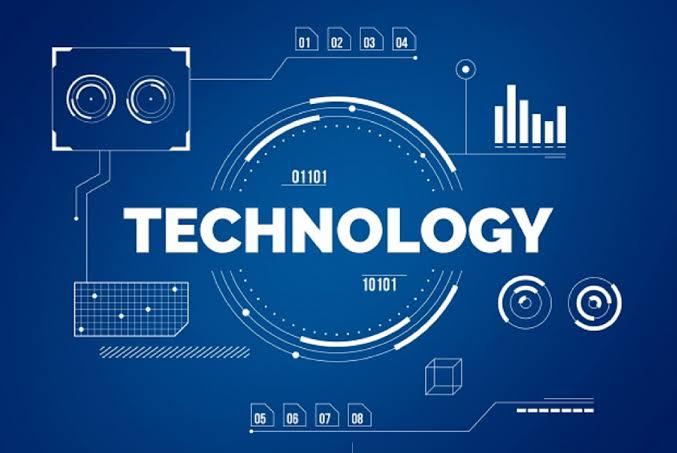
- LED refers to Light Emitting Diode. It refers to a small and efficient light source that emits light when electricity is passed through it. LED TVs are more like LCV TVs which incorporate light-emitting diodes to backlight the display.
- QLED refers to Quantum Dots Light Emitting Diodes. QLEDs use quantum dot technology to emit light, which results in greater colour accuracy and pure and saturated colours.
2. Black Level:-

- LED TVs use distinct RGB lights to produce rich and sharper colours with greater dynamic contrast. It offers a much wider color gamut with greater light intensity.
- QLEDs offer incredible contrast with true black and bright white colours. In this technology each pixel emits its own light, which enables QLEDs to run far more brightly than other technologies.
3. Viewing Angle:-

In terms of viewing angle both LEDs and QLEDs provide a nice viewing experience. Both of them provide a nice viewing angle when you are at the centre in front of the TV. But neither of them are ideal for viewing when you are sitting far away from the TV.
4. Colour Volume:-
In terms of colour volume QLEDs are the clear winner. With the quantum dot technology each pixel emits its only light, which results in greater colour accuracy. The quantum dot technology gives you a 100 percent colour volume and unmatched saturation level.

Conclusion:-
As we have seen the primary difference between LEDs and QLEDs, it is clearly seen that both perform a different function, and both use different technologies. One delivers superb picture quality, and one consumes less electricity.
So, it is very difficult to conclude which one is better and which is not. It depends upon the customer to buy it according to their preferred taste. But If you don’t mind spending money and going on a premium side, QLEDs steal the show.
We hope that this blog helped you see the difference between LED and QLED. If you want to read and gain knowledge like this,do visit our website “eRip Blogs“.
- Tags: best smart tv, LED, QLED, television, tv
Related News

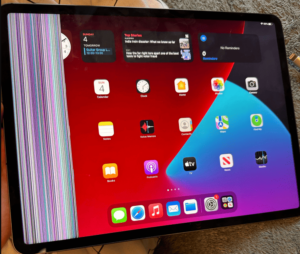
iPad mini 5 front glass replacement in India
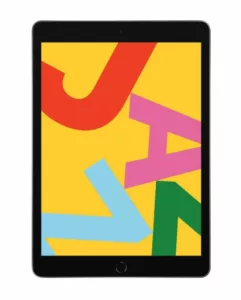
iPad 7 th generation front glass replacement in India
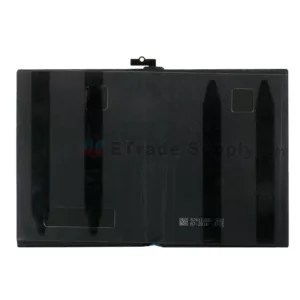
iPad 7th Generation Screen Replacement in India
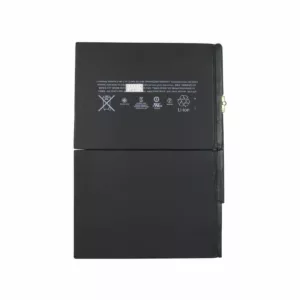
iPad 8 th generation Battery replacement in India
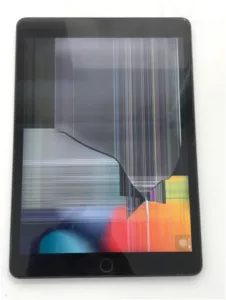
iPad 6th Generation Screen Replacement in India
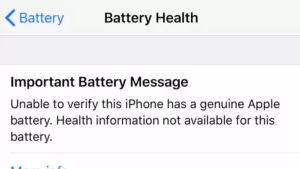
iPhone 14 Back Glass Replacement in India

iPhone’s Genuine Apple Display Warning Message

Apple Non-Genuine Battery Warning Messages
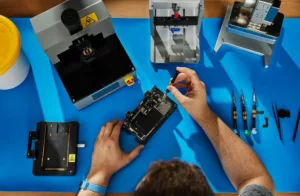
How to know when it is time to replace your iPhone battery?
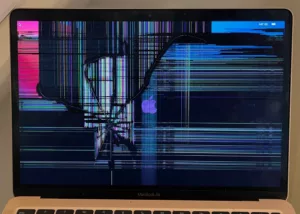
MacBook Air M1 Display Price in India
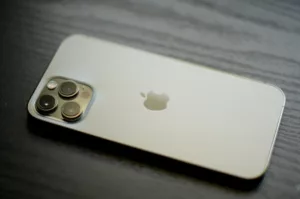
iPhone 12 pro back glass replacement in Bangalore, India
Never miss any important news. Subscribe to our newsletter.
Recent News
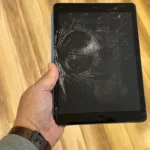
iPad mini 5 screen replacement in India
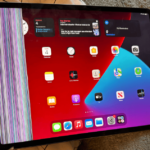
iPad mini 5 front glass replacement in India

iPad 7 th generation front glass replacement in India
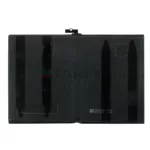
iPad 7th Generation Screen Replacement in India
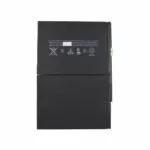
iPad 8 th generation Battery replacement in India
